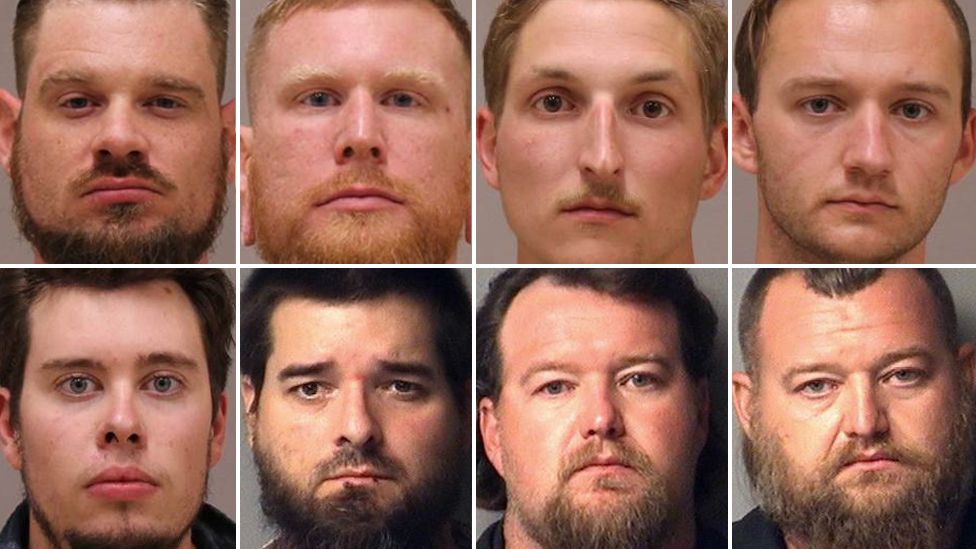For almost a month, the House impeachment managers had been preparing for this day, when they brought their case against Donald Trump for inciting an insurrection at the US Capitol to a close.
Their presentation was as much about setting the evidence for the American public and the history books as it was convincing 67 out of 100 senators to convict. To do this, they laid out a three-part roadmap their prosecution.
Yesterday, they tried to show how Trump provoked the attack on the Capitol, then went – step by step, in meticulous detail – through the events of that day. Today, they discussed the “harm” that the president has done with his words and actions – harm that, they said, went well beyond the violence of 6 January.
On Wednesday, the House impeachment managers tried to use Donald Trump’s own words – in speeches and tweets – against him. On Thursday, the Democrats started the day citing the words of his supporters.
The goal was to illustrate that the group of supporters who turned from a rally crowd to a band of insurrectionists intent on storming the Capitol did so because they believed they were doing the president’s bidding. Citing social media posts, recorded video and court documents, Congresswoman Diana DeGette of Colorado laid out the evidence.
Was the April 2020 protest at the Michigan state capitol a “dress rehearsal” for the January US Capitol attack, asked House impeachment manager Jamie Raskin?
The images certainly look strikingly familiar. An angry crowd waved Confederate flags, wore Trump-themed clothing and confronted law enforcement blocking entry into the building’s legislative chambers.
Michigan has been a hotbed of right-wing fringe movements for decades. The men behind the 1995 bombing of the federal building in Oklahoma City, Timothy McVeigh and Terry Nichols, trained for a time with a Michigan-based
Several of the individuals arrested by the FBI in October for plotting to kidnap and murder current Michigan Governor Gretchen Whitmer also had ties to the state’s extremist movements.
“If we don’t draw the line here, what’s next?” Raskin told the Senate when discussing the Michigan unrest last year. “What makes you think the nightmare with Donald Trump and his law-breaking violent mobs is over?”
The House impeachment managers tried to show a pattern of escalating unrest that first took shape in Michigan, reached the heart of the US government in a matter of months and could continue to fester unless stopped.
“I’m not afraid [Trump] is going to run again in four years,” Congressman Ted Lieu of California said on Thursday. “I’m afraid he’s going to run again and lose. Because he could do this again.”

